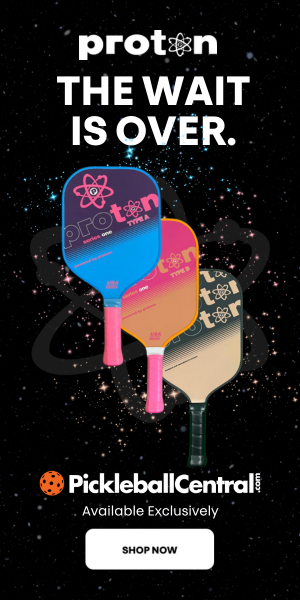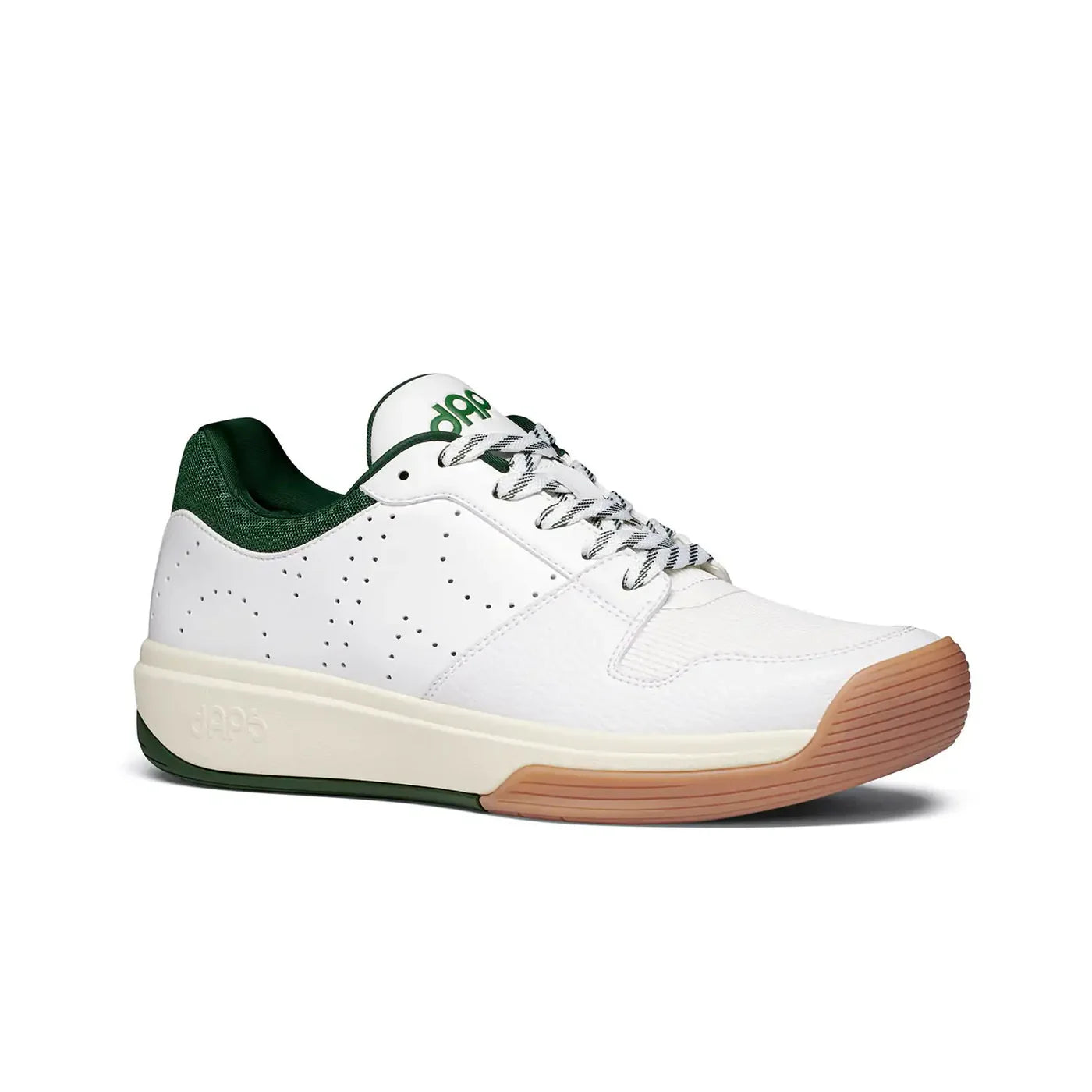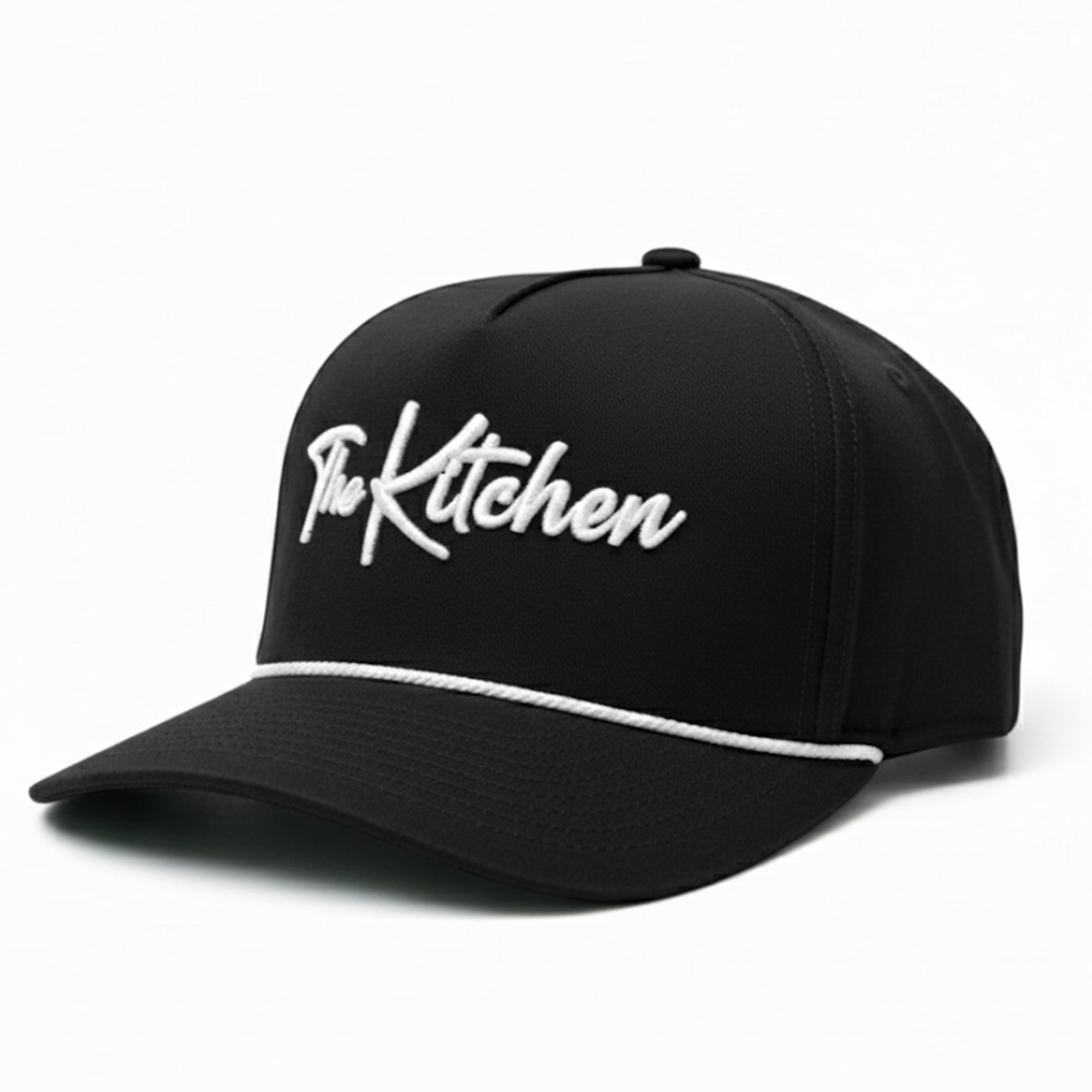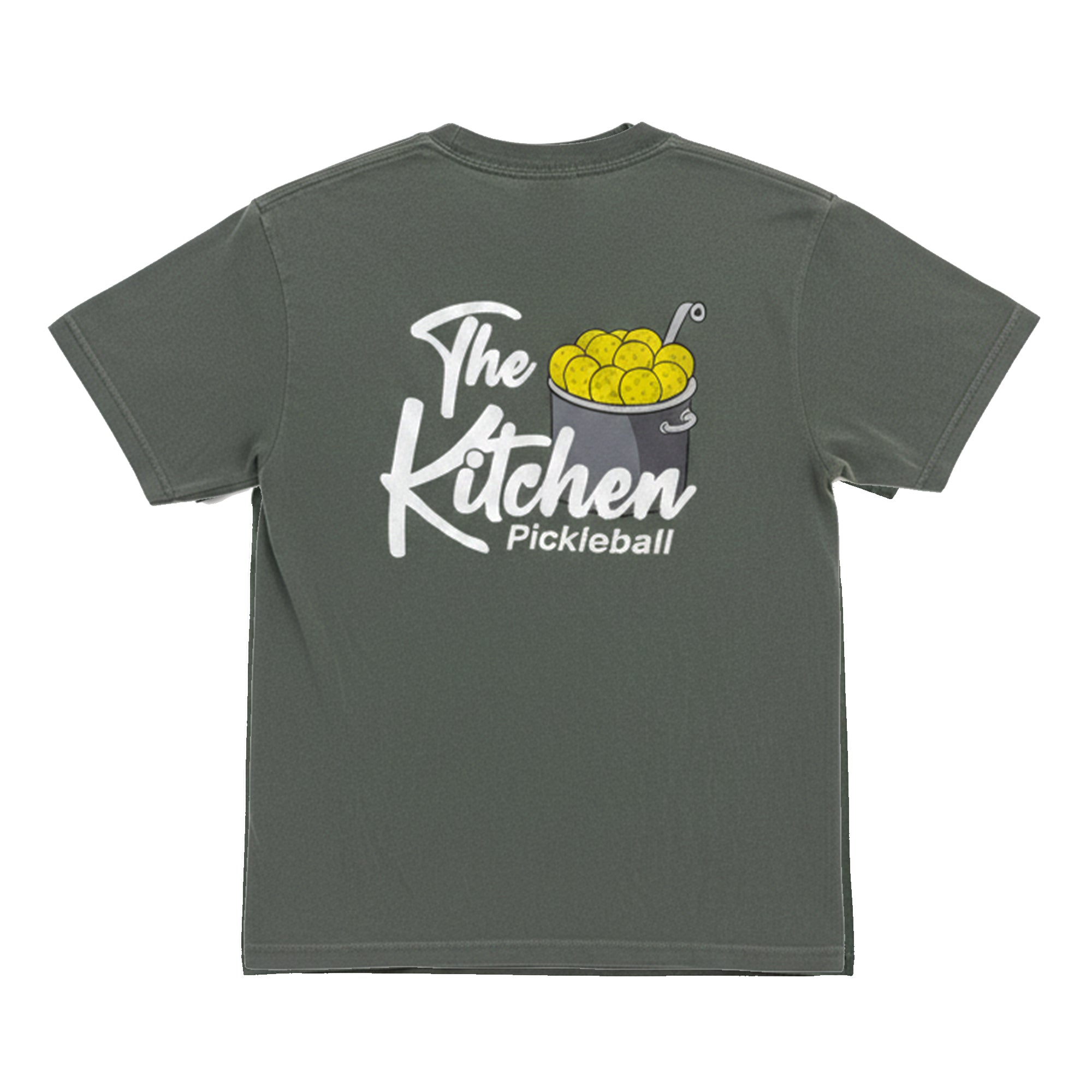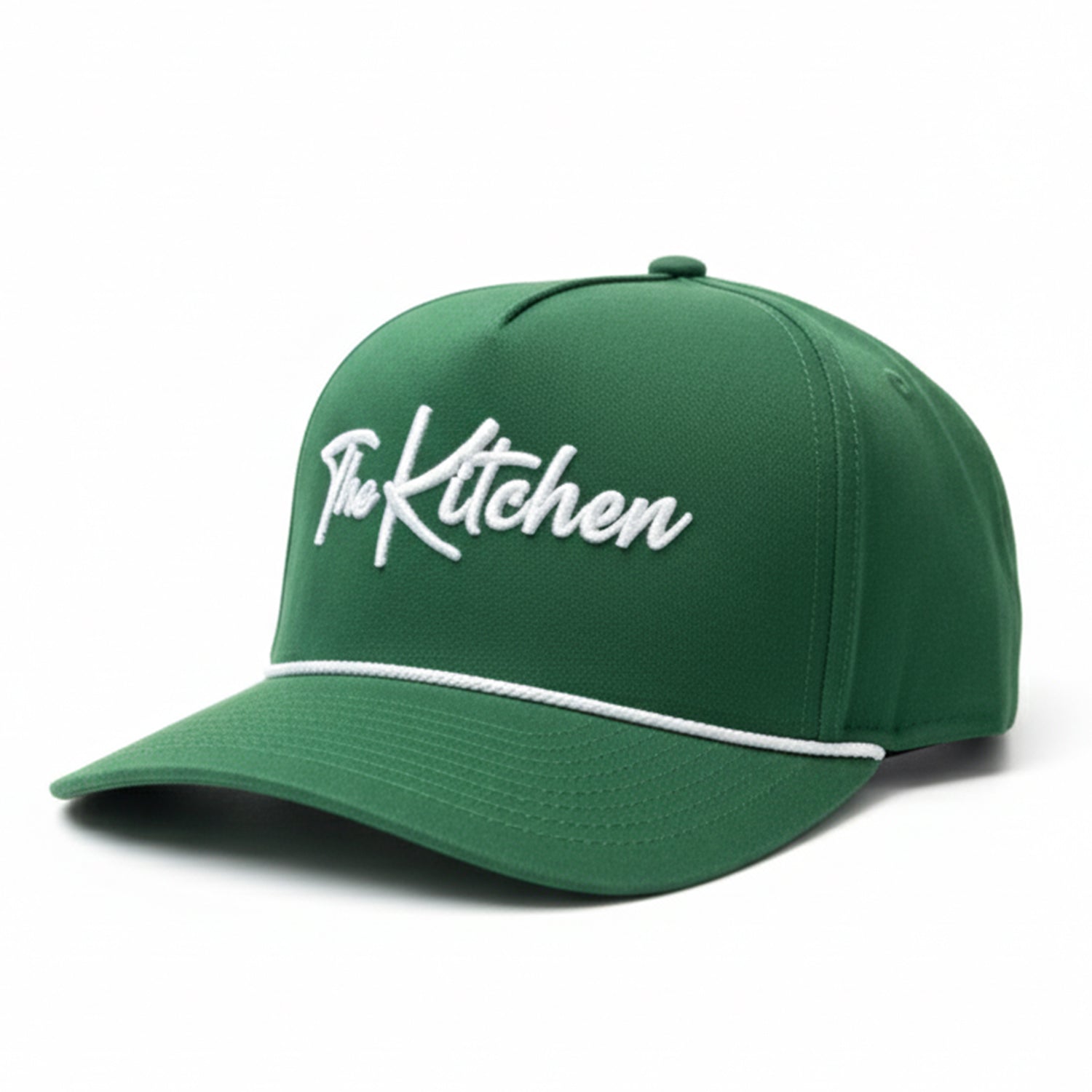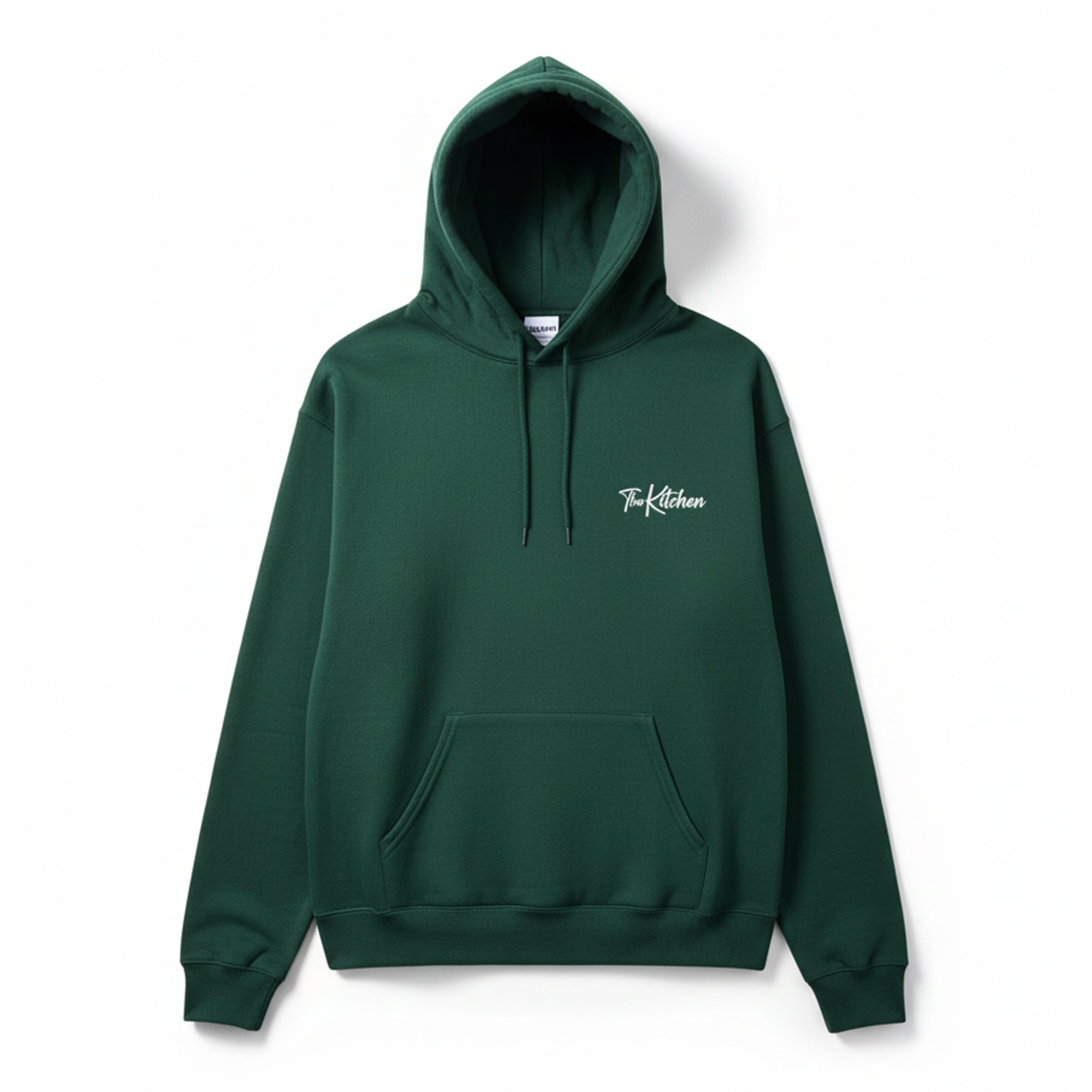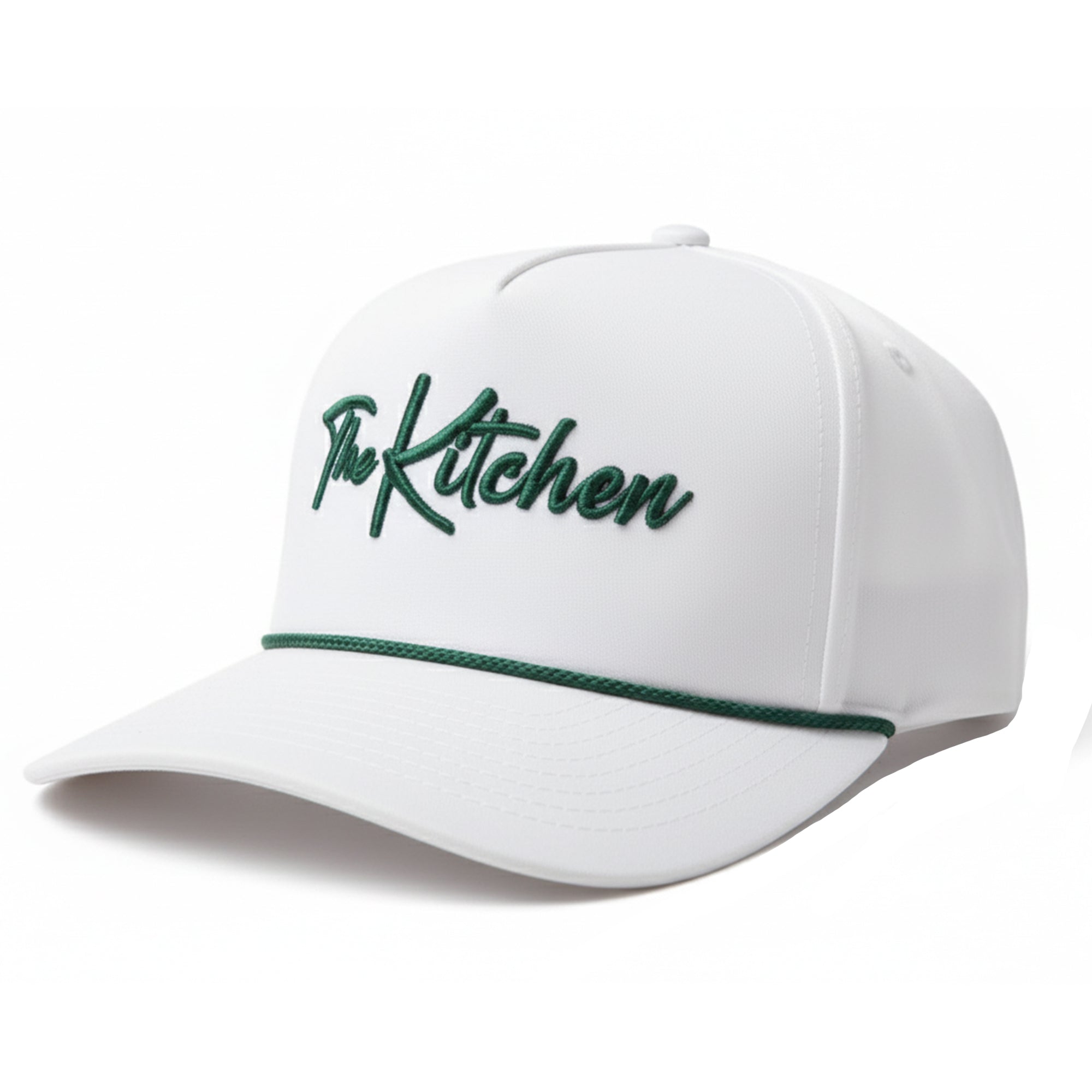Pickleball etiquette: Tips for interacting with opponents during open play
Last Edited
Sep 02 2025
Category
Instruction
There’s plenty of talk about partner communication and general court etiquette, but how should we interact with our opponents during open rec play?
Of course, these aren't official rules, just suggestions on how to handle rec games to keep things respectful and low drama. Everyone plays with a different style and mindset, but these tips will go a long way to keeping your next open play session fun and friendly.
Start with a hello
When I’m across the court from someone I haven’t played with before, or even if we’ve just played once or twice, I always introduce myself. A quick name exchange is all it takes to break the ice and make the game feel a little more relaxed. Open rec play brings together all kinds of players, and a little courtesy at the start helps set the right tone.
Match your intensity to the moment
If I’m playing against beginners or players still figuring things out, I try to tone it down a bit. I’ll work on placement, dinking, or just keeping the rally going. But if it’s a more even matchup, I’ll play a little harder. And of course, if the competition is tough, I play to match it and win.
Sometimes I see players hit every ball to the stronger player when they notice an imbalance, or worse, they start attacking the weaker player just to rack up points. I try to take a different approach. If the teams feel uneven, I might put a little more pressure on the stronger player to balance things out, but I still hit to both players normally.
Nobody wants to feel like they’re being picked on or ignored. Open play is a great time to adapt and enjoy all kinds of games, and I think keeping it respectful helps everyone walk off the court feeling good.
Always check before serving
I’ve learned not to rush it. I look around to make sure everyone’s ready, and once I see that they are, I call the score clearly and serve. If I’m unsure of the score, I quietly check with my partner. No shame in confirming. It shows you’re paying attention and being thoughtful.
Compliments go a long way
If someone hits a great shot, whether they’re on my side or the other, I try to say something. A quick “Nice shot” or “Good point” keeps things positive and makes the game feel more social. I’ve been in games where nobody says a word the whole time.
It’s not terrible, but it’s just not as fun. I’ve learned that good sportsmanship goes a long way in building pickleball relationships. People remember who made the game more enjoyable, not just who won.
Line calls? Keep it simple and fair
Whether it’s casual open play or a competitive game, if a ball is too close to call, even if for a fleeting moment I thought it might’ve been out, I play it as in and give my opponent the benefit of the doubt. I’d expect the same from them.
If I hit someone, I always apologize
Even if it’s just a light tag on the shoe, I’ll say sorry. It’s just a small gesture, but it shows I didn’t mean it and helps keep the mood light. And if I’m on the receiving end, I try to brush it off with something like, “No worries, I know it wasn’t intentional.”
Ball handling matters
It’s a little thing, but how you return the ball between points says a lot. I don’t flick it or kick it in frustration. I just toss it or tap it gently to the server. And if I miss them or catch them off guard, I’ll usually apologize. If a ball rolls in from another court, I call “Ball” to stop play, then look to see who’s asking for it and toss it back their way. Way better than just whacking it randomly to get it off our court.
Wrap it up the right way
After the game, win or lose, I always go to the net, paddle tap, and say “Good game” or “Thank you for the game”. No excuses for losing, and no patronizing comments after winning. If we happen to pickle our opponents and they mention how they played, I’ll usually just say, “It happens,” and keep it respectful. Ending on a good note matters just as much as how you start.
In the end
Being a good opponent doesn’t mean playing perfectly. It means being someone others enjoy sharing the court with. A little courtesy, a little grace, and a good attitude go a long way. And more often than not, people will meet you right there.
Payton Bond is a pickleball enthusiast and author who focuses on strategy and helping players better understand the game. This article is adapted from his book, Pickleball Strategy – A Guide to 3.5 and Beyond, available on Amazon.







